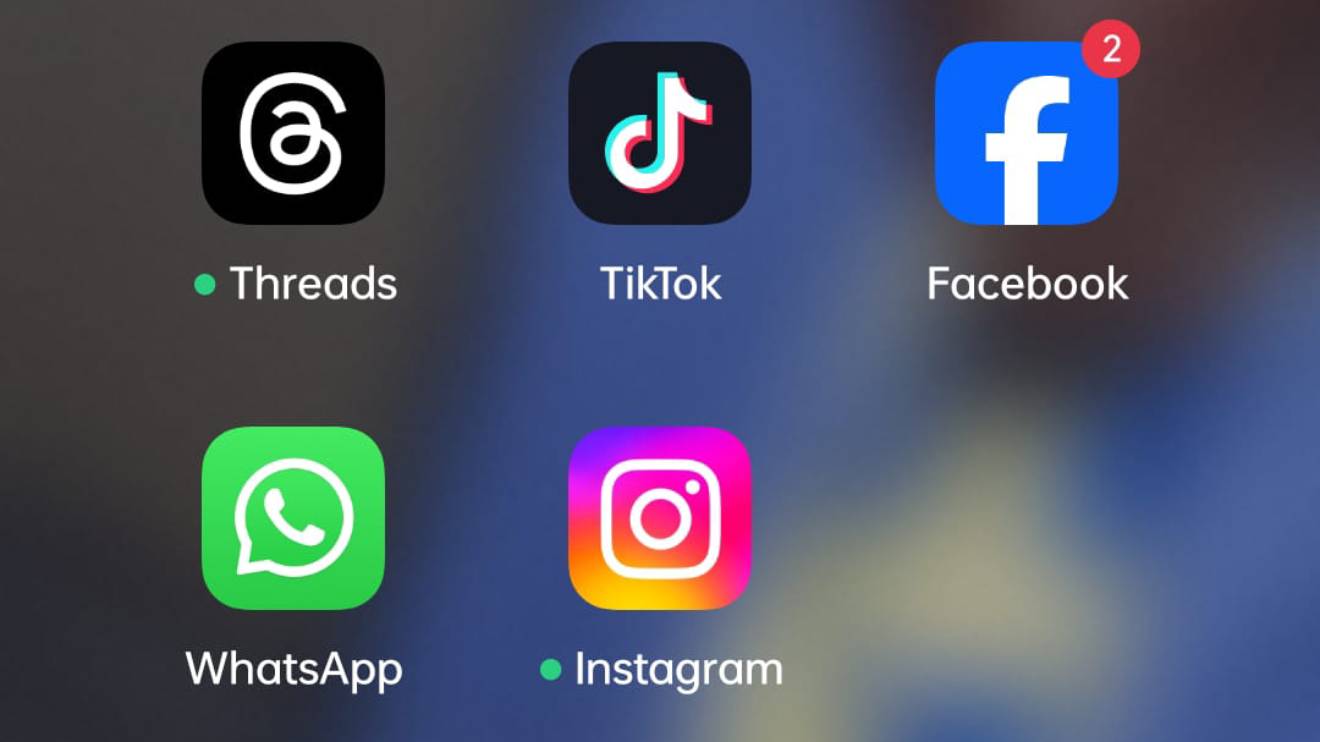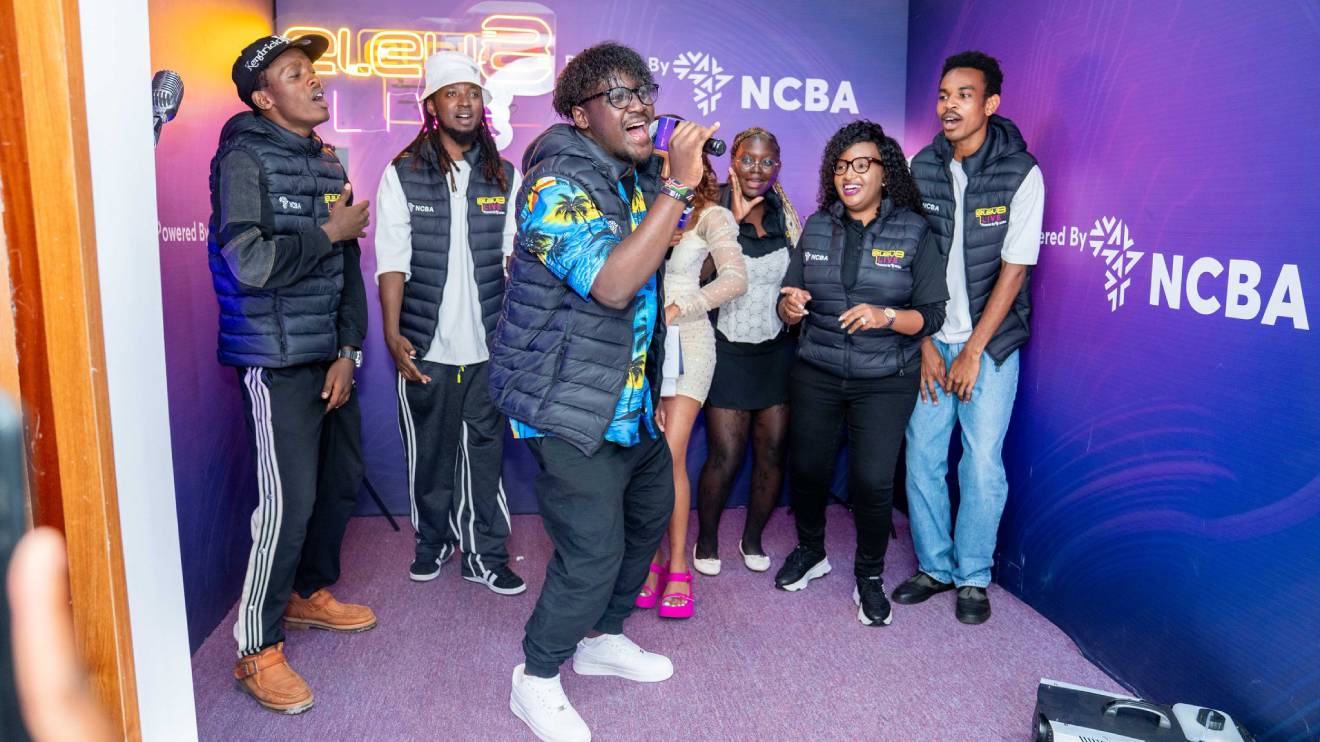A recent report by the Media Council of Kenya (MCK) sheds light on the evolving media consumption habits in the country.
While social media platforms are gaining traction, WhatsApp remains the undisputed champion, holding a commanding 22 per cent market share.
Facebook and YouTube, established giants in the digital sphere, follow closely behind with 19 per cent and 14 per cent respectively.
"Facebook, and YouTube maintained their positions as the leading digital and social media platforms throughout the years 2021, 2022, and 2024," the MCK report stated.
However decline in percentages in their usage was reported.
Read More
Interestingly, TikTok, the short-form video-sharing app, has witnessed a significant surge in popularity, jumping from 7 per cent in 2022 to 14 per cent this year.
The report acknowledges the continued dominance of traditional media sources like television and radio as primary sources of information for Kenyans.
Notably, 33 per cent of respondents reported consuming content from television within the last week, followed closely by radio at 32 per cent.
"About one in every three respondents (33 per cent) indicated that they consumed content from TV within the last one week, another 32 per cent mentioned radio, while social media garnered 18 per cent of the mentions," MCK said.
Social media, despite its impressive growth, only managed to garner 18 per cent of content consumption mentions.
However, the report also highlights a decline in the popularity of print media.
Newspaper readership has dipped to 26 per cent, a 3 per cent decrease compared to 2022.
This suggests a potential shift towards more immediate and visually stimulating forms of content consumption.
Overall, the MCK report paints a picture of a dynamic media landscape in Kenya.
While social media platforms like WhatsApp and TikTok are experiencing significant growth, traditional media sources like television and radio continue to hold significant sway.
The decline in newspaper readership suggests a potential shift in content preferences, with Kenyans gravitating towards more immediate and engaging formats.


-1756110371.jpeg)

-1749231819.jpg)

-1741732649.jpg)





